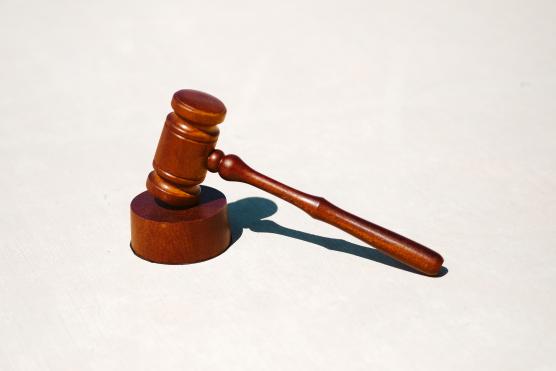Reader,
The news reported by the Washington Times Herald on July 8 of TJ Hill’s prosecution was an outrageous and devastating injustice. More than a year after his initial arrest, when it was reported that Hill had been accused of sexual misconduct with multiple underage girls, reading that he would serve no jail time begs many questions about those in charge of identifying justice in our community.
What kind of crime is worth truly punishing, according to Daviess County Prosecutor Dan Murrie? Which details in the case’s probable cause affidavit led Pike County Judge Jeffrey Biestervield to agree to what is, undoubtedly, a light sentence? What privilege does Hill possess that would allow him to go free? Could it be his history as a former reserve officer for the city of Washington? Hill’s attorney argued that he was “very young when this happened.” Did anyone present during the sentencing point out how young Hill’s victims were?
No privilege kept Hill’s victims from the trauma he inflicted upon them. No “witch hunt” or ulterior motive led them to report his abuse. They, like all victims of sexual assault, will struggle with the memories of the harm he caused for the rest of their lives. They will never forget. And there is no lawyer or judge who can shield them from these consequences in order for them to move on with their lives unscathed, as Hill most certainly will.
In America, one out of every six women will experience sexual violence in her lifetime. For every 1,000 cases of sexual assault, 975 perpetrators serve no jail time. Most victims do not report their assault to the police because of cases like Hill’s. They know, in all likelihood, that they will see no justice. How does a community recover from the knowledge that someone entrusted with the safety of children can do so much damage and receive almost no punishment? Why should someone who values the protection of assailants over victims be allowed to hold office?
Hazel Rodimel
















